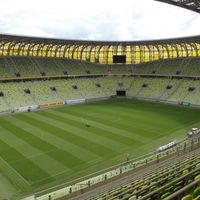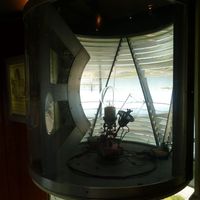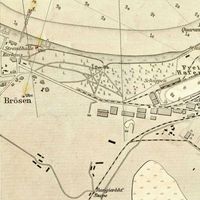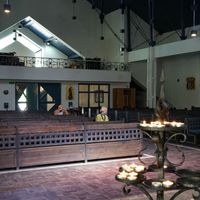Gdańsk
8.44
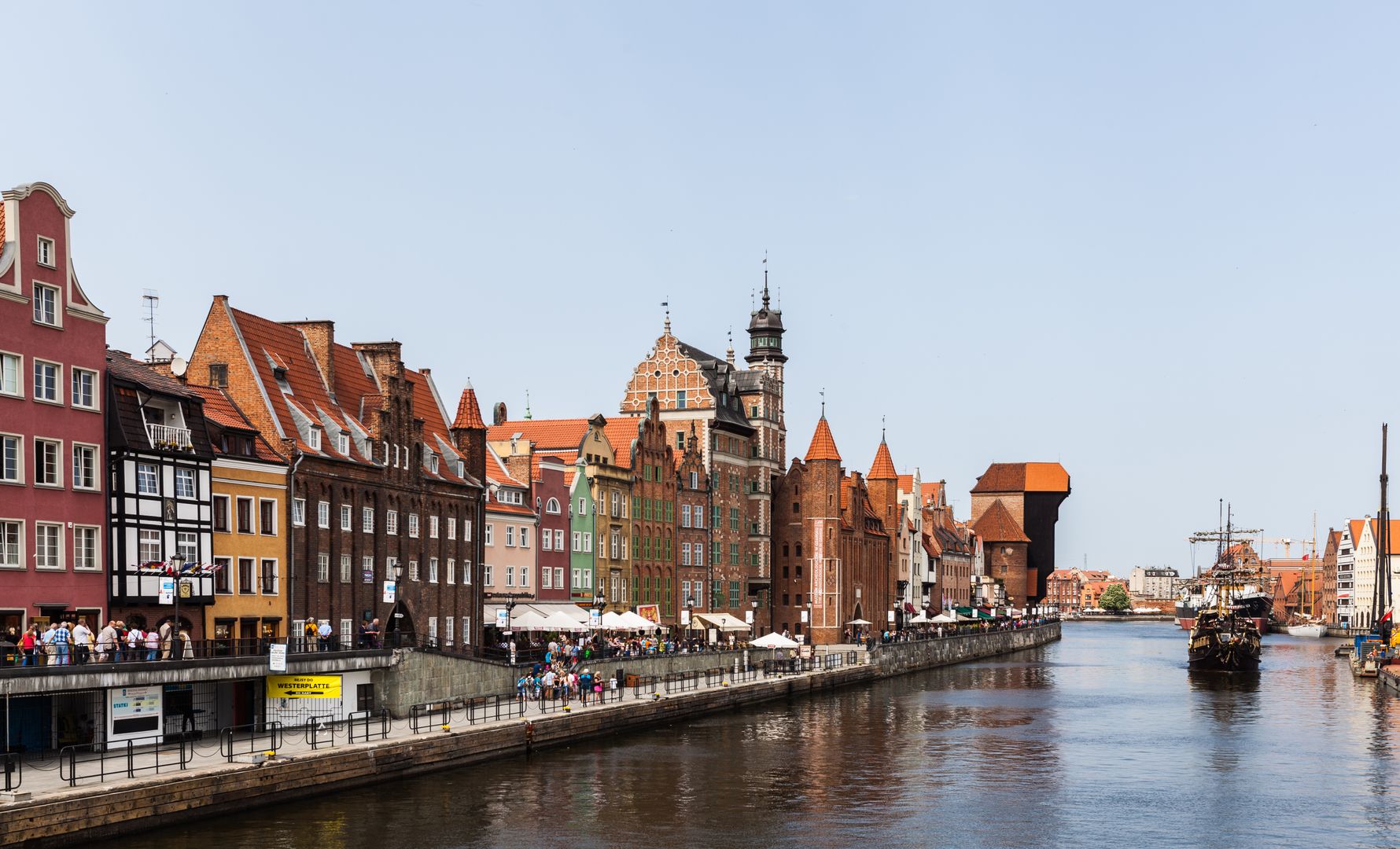
Overview
Gdańsk, situated on the Baltic Sea, is one of Poland's most important cities, with a rich history spanning over a thousand years. As a city with county rights and the capital of the Pomeranian Voivodeship, Gdańsk serves as a cultural, scientific, and economic hub of the country, boasting the largest commercial port on the Baltic. The city's architecture blends Gothic, Renaissance, and Baroque styles, with key landmarks such as St. Mary's Basilica, Artus Court, the Main Town Hall, and the famous Neptune Fountain. Gdańsk is also renowned for its exceptional murals and the St. Dominic's Fair, which attracts tourists from around the world. Almost entirely destroyed during World War II, the city was meticulously rebuilt, preserving its historical character. Gdańsk witnessed many pivotal events in Polish history, including the outbreak of World War II and the birth of the Solidarity movement in the 1980s, which played a crucial role in the fall of communism in Europe. The city is also home to numerous cultural institutions, including theaters, museums, art galleries, and festivals, making it a significant cultural center. Notable events such as the Shakespeare Festival draw art enthusiasts from across the globe. Gdańsk is known for its vibrant social life and diverse recreational offerings, with seaside bathing areas and spaces for sports. An interesting fact is that Gdańsk hosts one of the world's largest amber fairs, Amberif, highlighting local traditions. The city continues to attract visitors with its unique atmosphere and a wide array of cultural events, remaining one of Poland's most important cities with centuries-old traditions and a key location in the heart of Pomerania.
Trip Plans
Location
Country
Tickets
Powered by GetYourGuide
You can also find here:
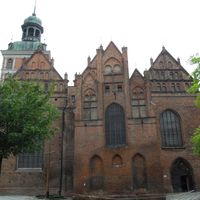
St. Bridget's Basilica in Gdańsk
8.33
City center, Gdynia-Śródmieście Deanery

St. John's Church in Gdańsk
8.33
City center, Gdynia-Śródmieście Deanery
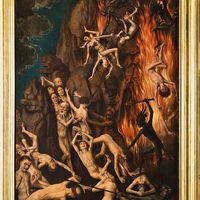
Basilica of the Co-Cathedral of the Assumption of the Blessed Virgin Mary in Gdańsk
8.33
City center, Gdynia-Śródmieście Deanery
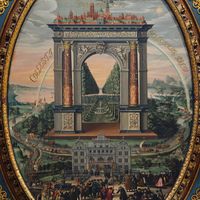
Main Town Hall in Gdańsk
8.33
City center, Gdynia-Śródmieście Deanery
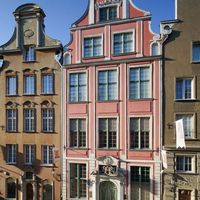
Uphagen's House
8.33
City center, Gdynia-Śródmieście Deanery
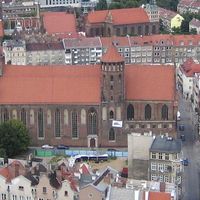
St. Nicholas' Basilica in Gdańsk
8.32
City center, Gdynia-Śródmieście Deanery

Gdańsk Główny
8.22
City center, Gdynia-Śródmieście Deanery
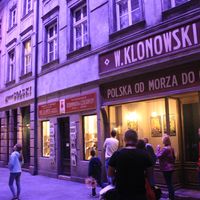
Museum of the Second World War in Gdańsk
8.22
City center, Gdynia-Śródmieście Deanery
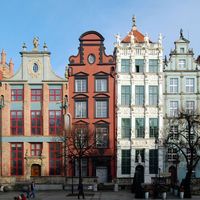
City center
8.14
Gdynia-Śródmieście Deanery

Westerplatte
7.99
Gdańsk-Lower Town Deanery
2026 Wizytor | All Rights Reserved
